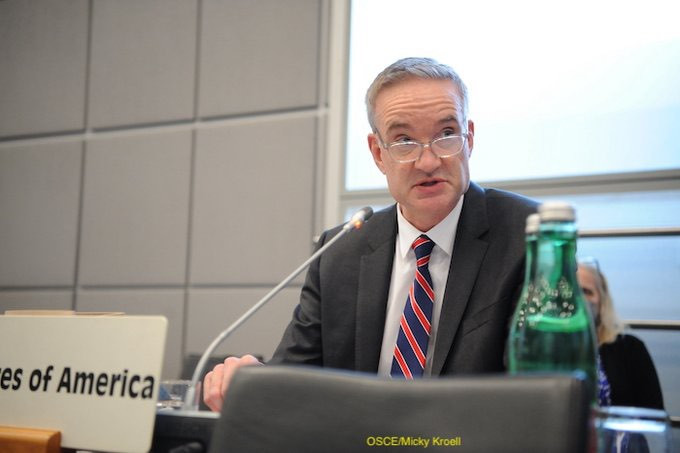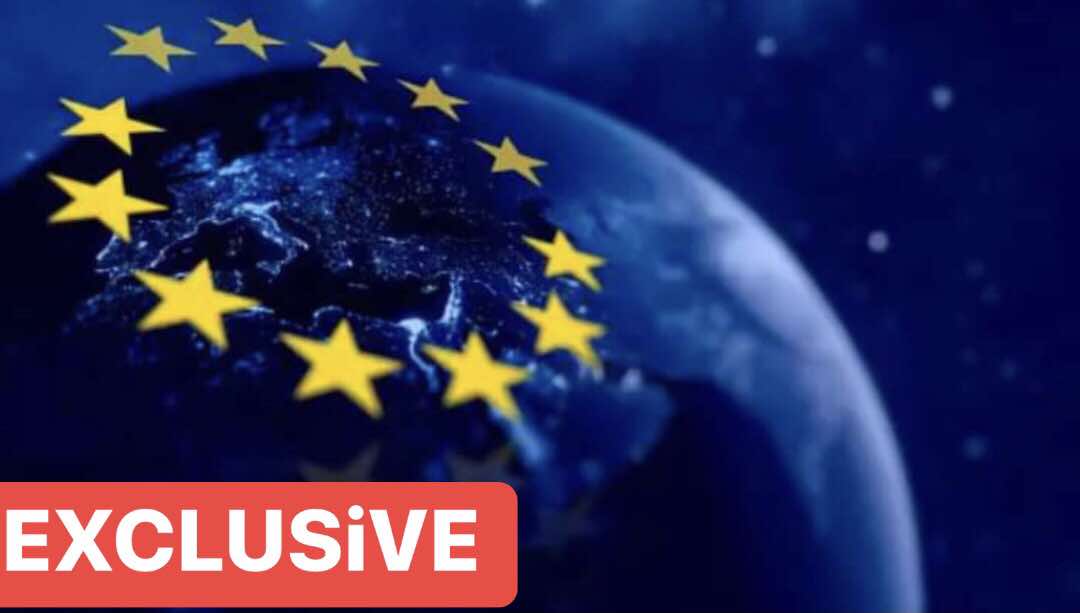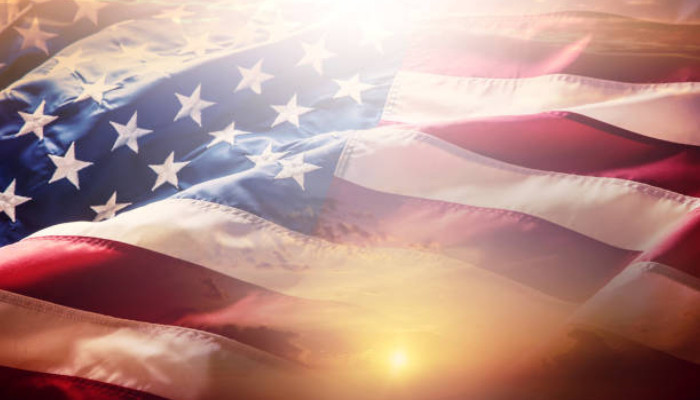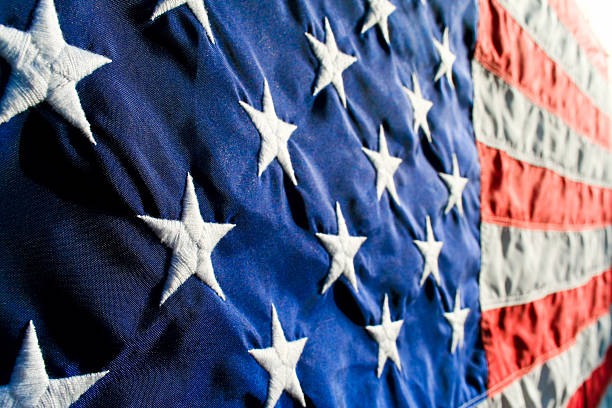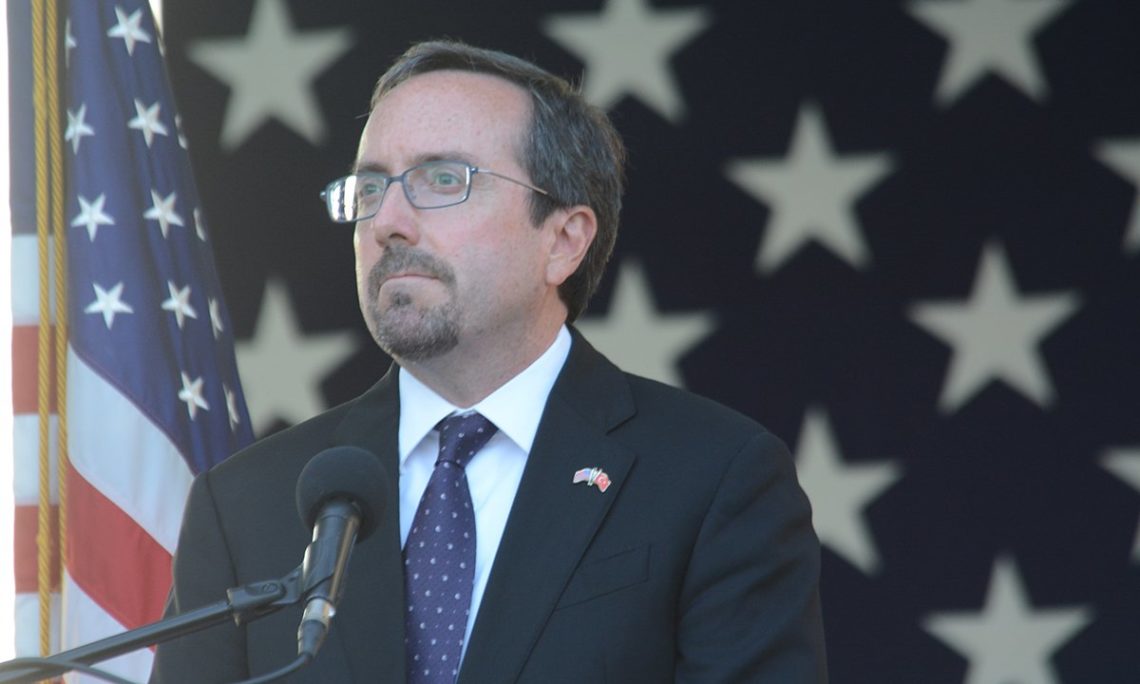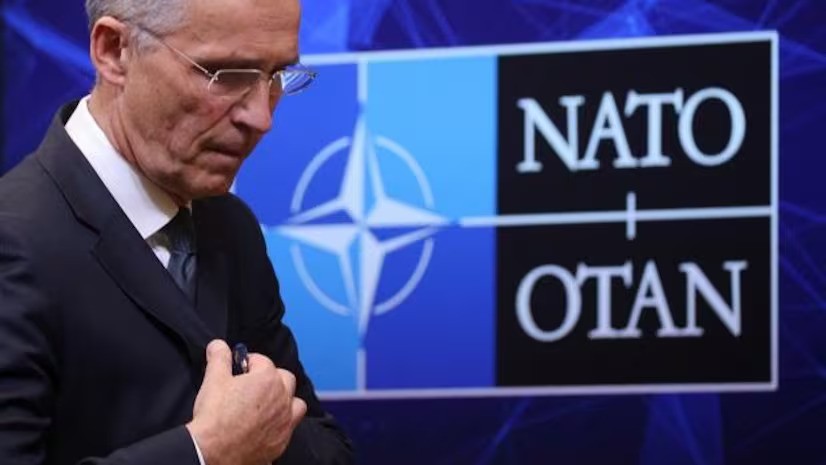“U.S. officials say that Russia has two paths. Secretary of State Antony Blinken describes a path of diplomacy and dialogue or massive consequences. After this statement and from yesterday’s and today’s meeting, what is your impression? Which path has Russia chosen? For example, French President Macron said there are crucial days ahead after the Putin summit. The question of the Europetime was answered by Ambassador Michael R. Carpenter, U.S. Permanent Representative to the Organization for Security and Co-operation in Europe (OSCE).
Ambassador Carpenter: Russia has amassed an unprecedented force on its border with Ukraine as well as in Belarus – well over 100,000 troops on its own border with Ukraine and up to 30,000 troops, if not more, inside Belarus. It’s armed to the teeth. It has everything from artillery and attack helicopters to combat aircraft and every manner of enablers that’s poised and ready to attack if the order is given.
So you’d have to ask President Putin what he intends to do next. We have made clear that we are sharpening the choices for the Kremlin. We’re offering our preferred path, which is the path of diplomacy and dialogue, including here at the OSCE, but also, as I’ve said earlier, at NATO and bilaterally, and we’re willing to engage on all the concerns that Russia wants to put on the table. We’re of course going to put our concerns on the table too, together with those of our partners and allies. But we’re willing to have that conversation in an honest and open manner.
Now, on the flip side, if Russia chooses the path of military escalation – God forbid, but if it does – then we’re prepared to impose what have been described as massive and unprecedented consequences. And by “we,” I mean not just the United States but the entire G7, the entire North Atlantic Alliance, NATO, as well as the European Council, which has also coordinated very closely with the United States.
So the choice is President Putin’s to make, and I don’t – I can’t tell you what choice he’s going to take. But that is, roughly speaking, the sharpened choices that we have presented going forward“.
French President Emmanuel Macron has told reporters that President Vladimir Putin assured him that Russian forces would not ramp up the crisis near Ukraine's borders. Russia has denied any plans to invade Ukraine, but it has assembled more than 100,000 troops near its borders. US officials believe Russia has assembled 70% of military forces needed for a full-scale invasion. President Macron this week is on a diplomatic tour of national capitals. He arrived in the Ukrainian capital, Kyiv, on Tuesday after almost six hours of talks with Mr Putin in Moscow on Monday. At a news conference with Ukraine's President Volodymyr Zelensky, Macron said there was now the chance to "make these negotiations move forward" between Russia and Ukraine, and that he could see "concrete solutions" to reducing tensions. Putin hinted on Monday that some of Mr Macron's proposals "could form the basis of further joint steps" - although they were "probably still too early to talk about".
US President Joe Biden met the German leader in Washington on Monday and threatened to shut down a key Russian gas pipeline to Germany, called Nord Stream 2, if Moscow invaded Ukraine.
Chancellor Scholz - on his first trip to Washington since becoming chancellor and facing criticism for his response to the Ukraine crisis - was however more ambiguous about the pipeline than Mr Biden.


